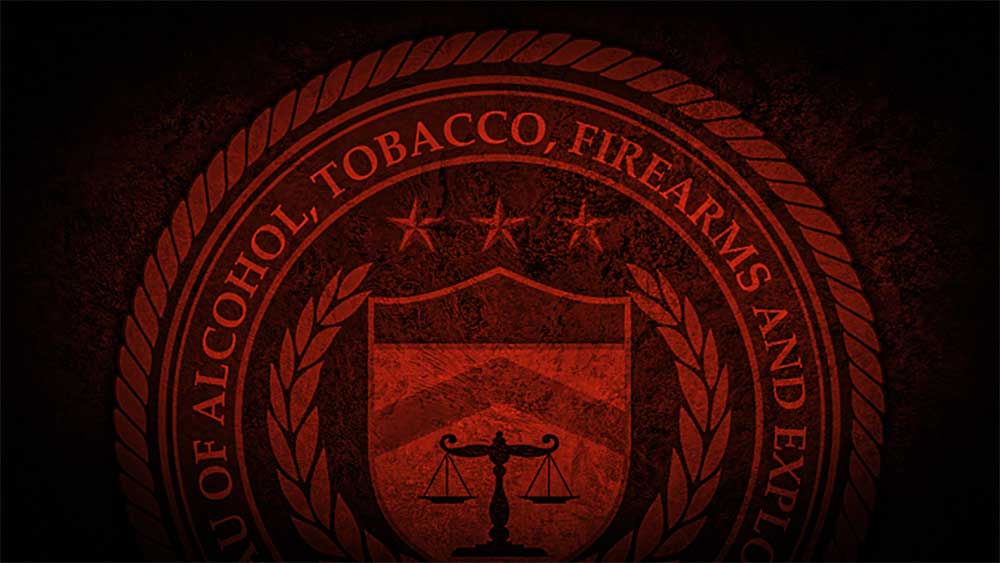
Comment Period Open on Biden’s Illegal Background Check Rulemaking
Take Action: The official comment period on ATF’s rulemaking, “Definition of ‘Engaged in the Business’ as a Dealer in Firearms," began on Friday, September 8th, 2023.
 www.ammoland.com
www.ammoland.com
Read more: NRA-ILA | Your Help Urgently Needed! Comment Period Open on Biden’s Illegal Background Check Rulemaking
Comment Period Open on Biden’s Illegal Background Check Rulemaking
one of these links should work











